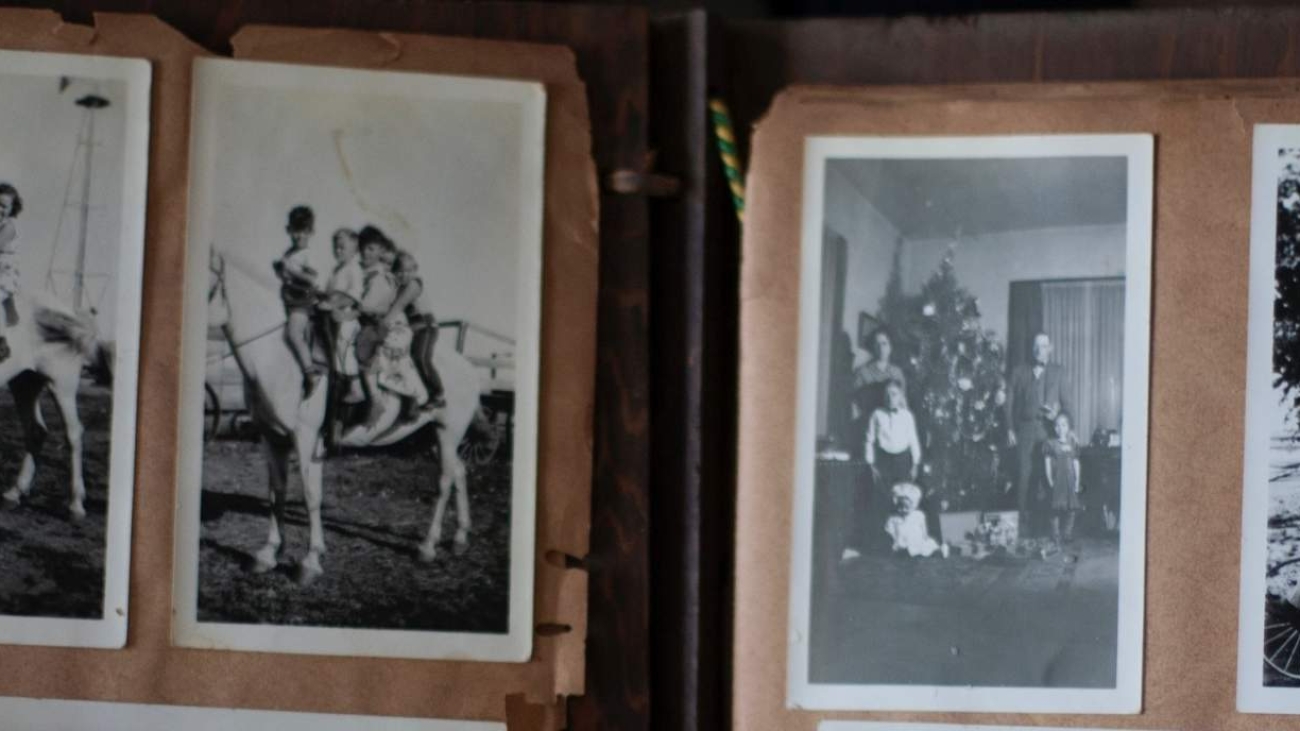30 July is International Day of Friendship. It focuses on reconciliation, bridging understanding, finding consensus and taking comfort in existing friendships.
Samaritans: Talk to Us Campaign
The ‘Talk to Us’ campaign runs to remind people who the Samaritans are and what they do. Samaritans supports those struggling to cope or at risk of suicide.
Dunning – Kruger Effect: Do You Know
Recognising what you know and don’t know is hard. You have to know a little before you know what you don’t know. And the Dunning – Kruger effect doesn’t help.
Narcissist: What You Need to Know
Emotional abuse can be subtle and those who perpetrate it can be devious and deceptive. The personality disorder I would like to explore is the narcissist.
I Forgot Day: Forgetfulness and More
I Forgot Day is celebrated, if we can remember, on July 2. It is dedicated to forgetfulness and making amends for any past forgotten anniversaries or tasks.






